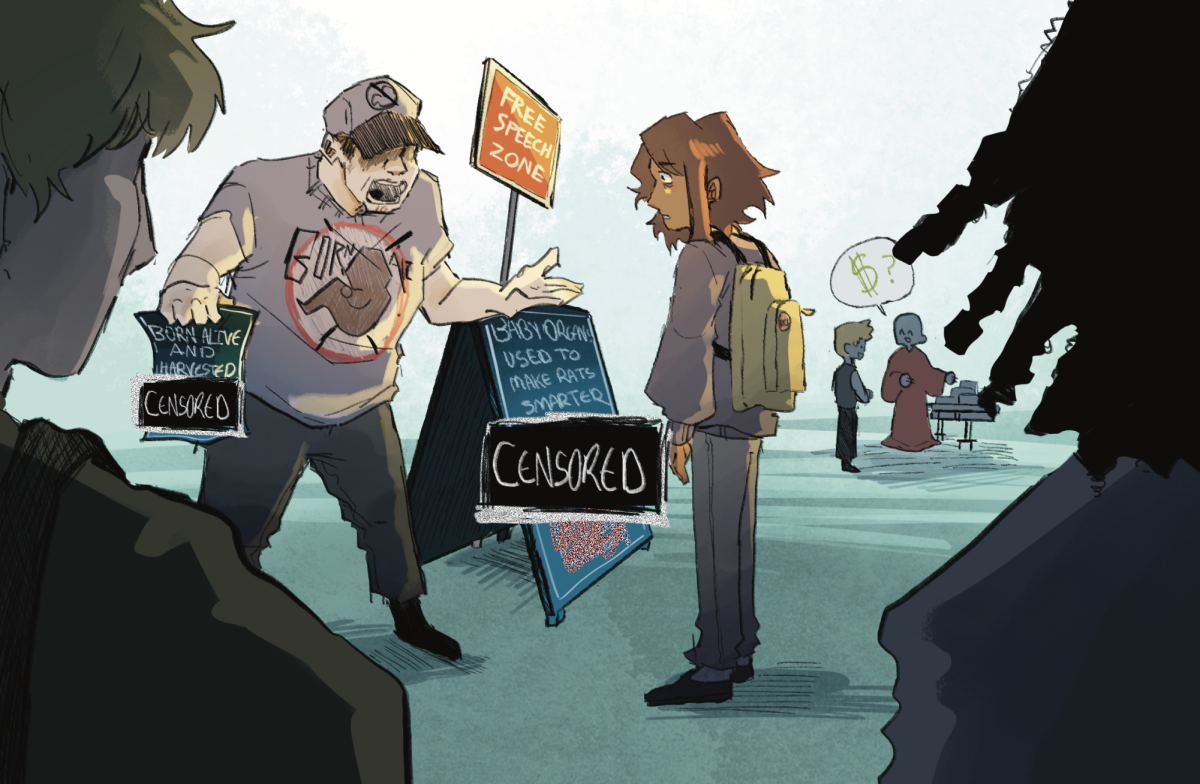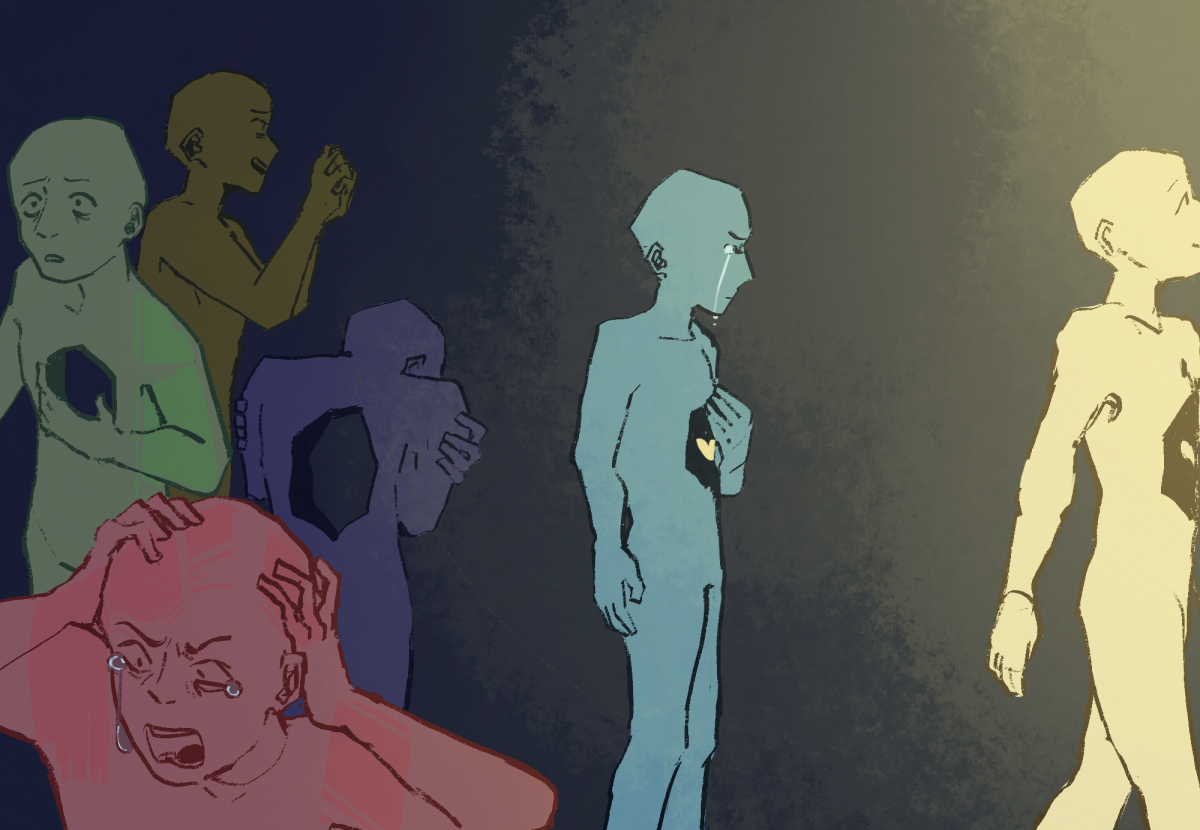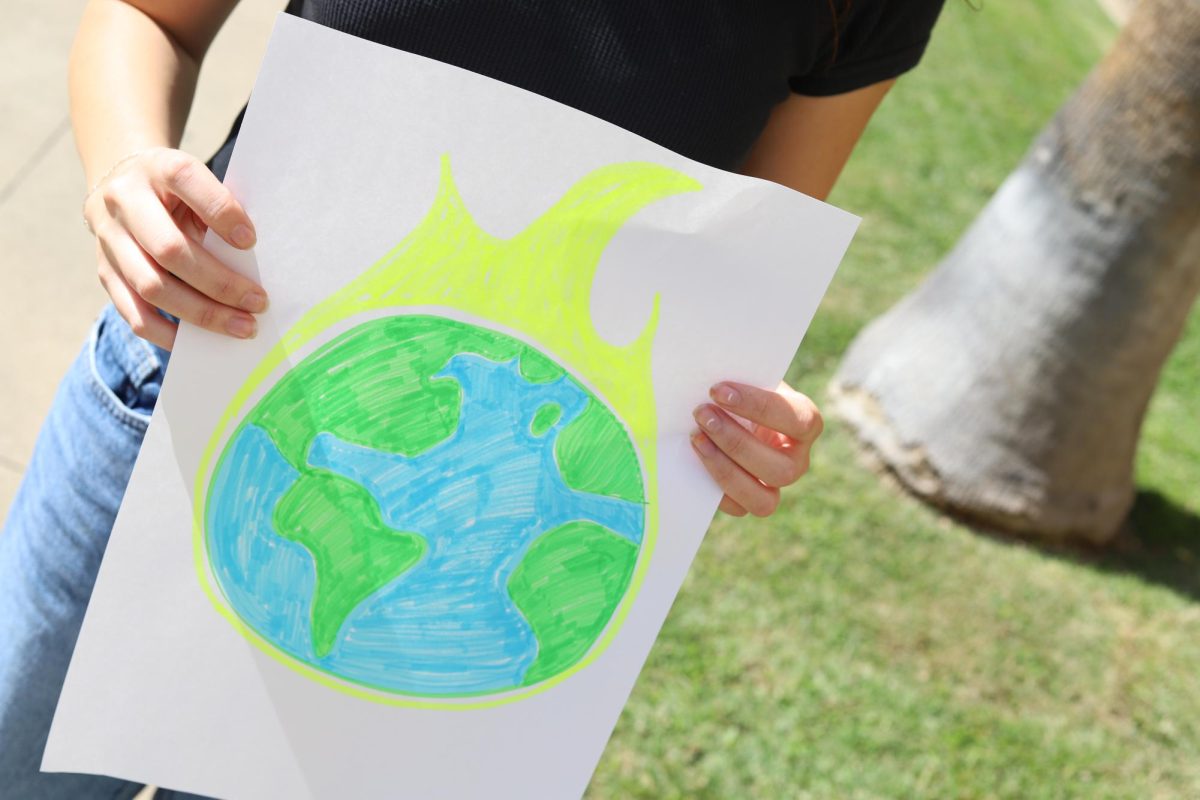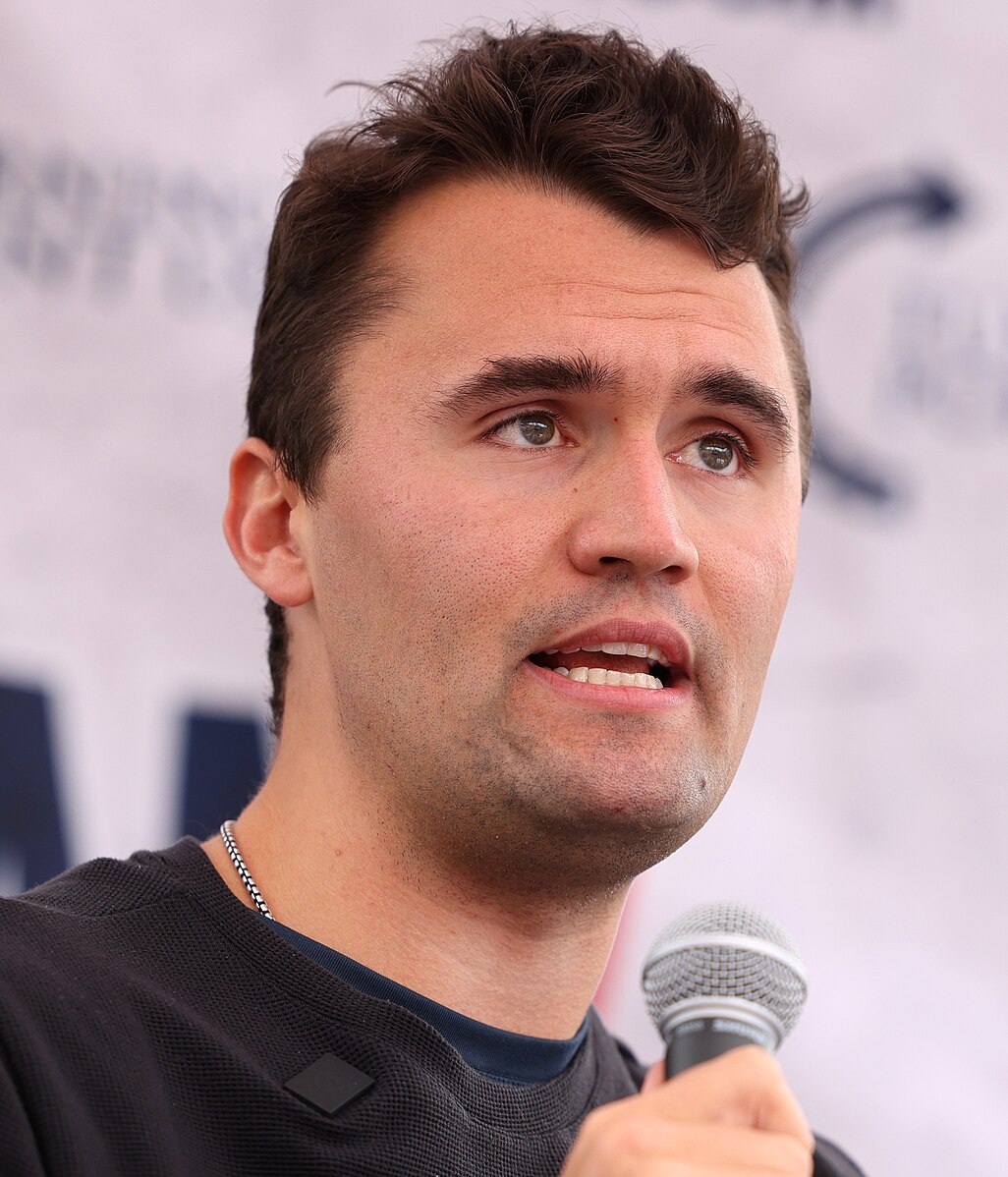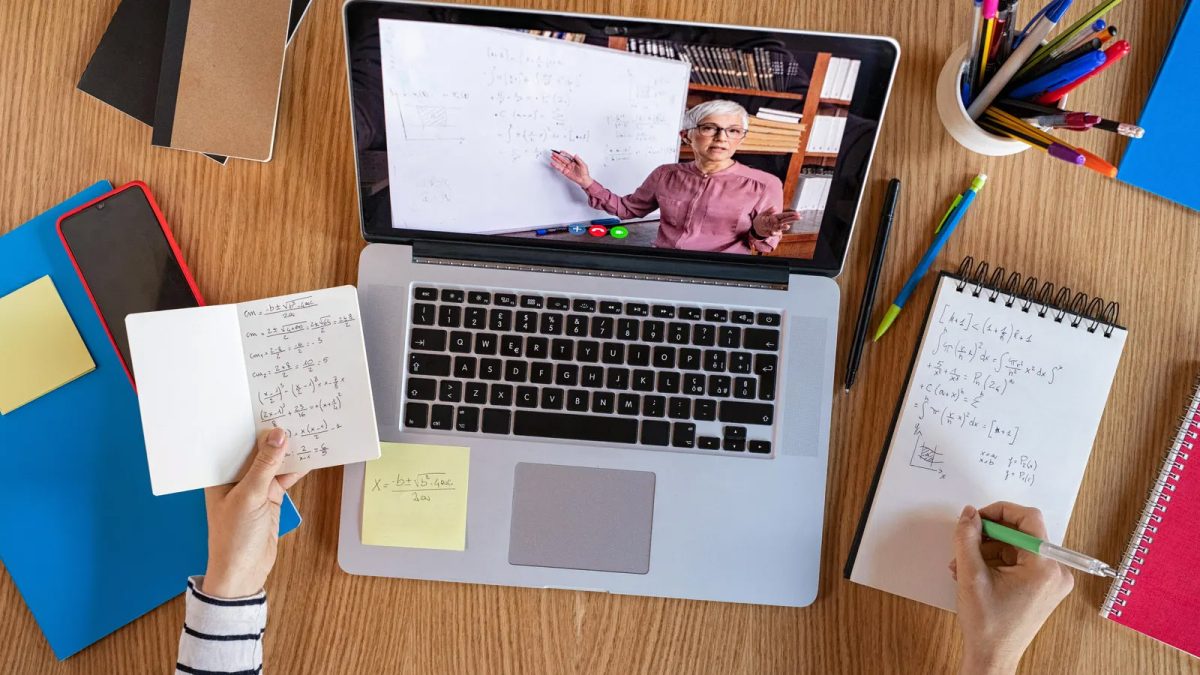By
In August 29, the Gulf Coast experienced the landfall of hurricane Katrina, a category 4 storm that devastated the coastal areas of Louisiana and Mississippi. As if the storm wasn’t bad enough, the aftermath and the inadequate response of government assistance left many people stranded for days without medical assistance, food, or clean water; it was this poor response on the local and national levels that increased the death toll of the storm.
Here in Southern California, there is a constant threat of catastrophe by earthquakes, firestorms or flooding and the possibility of terrorist attack. The event of a catastrophe happening to RCC during a day when classes are in session, though unlikely, is still important to consider. Students must still try to understand what sort of response to expect from district employees, and what response, if any, is required of them personally.
Immediately following a disaster such as an earthquake, it is pretty certain that students will be extremely interested in using their cell phone to call and find out about relatives, loved ones, or their property, and in the process overload cell towers and tie up phone lines, unless the quake had already knocked them out. Needless to say, the parking lots would be a madhouse as well.
Disasters like the destruction of New Orleans are like wake-up calls for the rest of us. It should make us think about our own aftermath of fire, earthquake, or terrorist acts in the Inland Empire and what we should do until help arrives.
Do you know first aid for the injured? Should you help search for survivors amidst the rubble of collapsed buildings?
What are you expected to do to survive during the hours and days following a major emergency?
A walk through the campus reveals very little information about emergency preparedness. There are ancient civil defense canisters of gas masks and whatnot stored beneath Landis Auditorium, but these are hardly sufficient supplies for an extended aftermath.
If there are supplies stored elsewhere, how would we know where to go for them, and who is responsible for keeping them up-to-date?
This editorial asks more questions than it answers, but hopefully, the one lesson, if any, that we can learn from the disaster in New Orleans is that there are many threats of disaster in our own backyard, and unlike a hurricane, earthquakes strike without warning. The sad fact is that not too many of us really know what we would do when it does.




